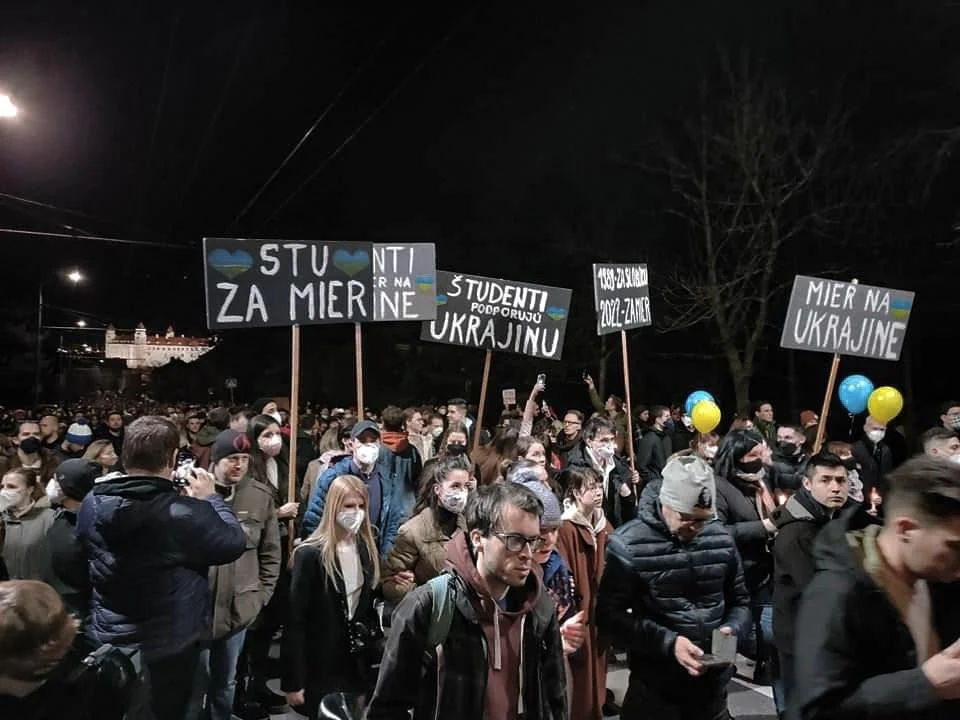Lucia Kobzová
In the contemporary world where environmental issues are becoming the topic of the day while observing the lenient political response to public demand, it is relevant to ask the question of whether people are prone to accept more strict environmental policies and force
politicians to undertake concrete steps in this regard or whether their values are not directly proportionate to their political expectations. The aim of this study is to examine the political culture in France, more precisely the public's sensitivity to environmental issues, and, subsequently, the response of politicians to citizens' demands regarding the enforcement of environmental policies. The research question that we will aim to answer is the impact of political culture on Macron´s pro-environmental policies. Macron´s environmental agenda was a direct response to the strong demand of the citizens for stricter green policies.



















